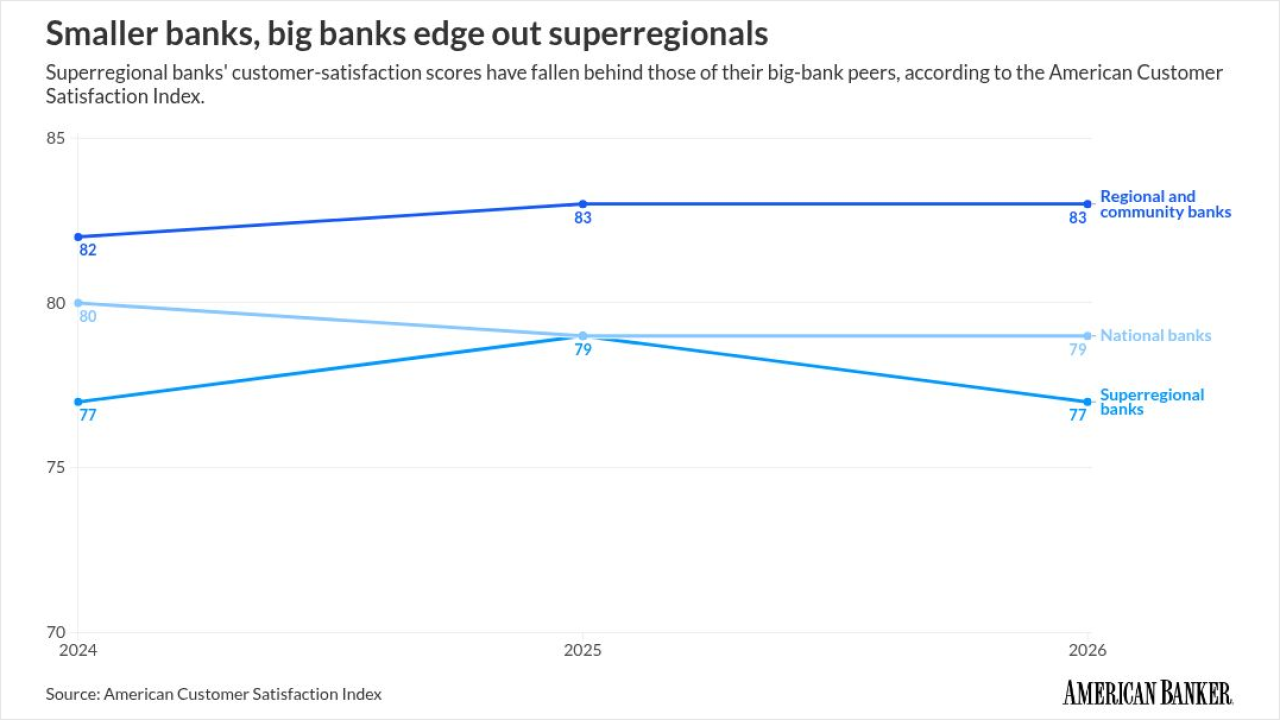Receiving Wide Coverage ...
Citi, DOJ Said Close to $7B Deal: Citigroup and the Justice Department are reportedly nearing a deal in which the bank would pay roughly $7 billion to end a probe of the mortgage-backed securities it sold in the years preceding the financial crisis. The expected price tag appears to be a victory for the U.S. government. The DOJ, which was seeking up to a $10 billion settlement earlier this summer, had threatened to sue Citi unless the bank upped its original offer of $4 billion. The Wall Street Journal focuses on Citi executives' decision to pay up rather than take the case to court. The bank feared a trial would be a "long, expensive process and a public-relations nightmare even if the bank ultimately won," according to the paper. The Financial Times points out "Citi was a much smaller issuer of mortgage-backed securities than either Bank of America or JPMorgan Chase," which accounts for some of the surprise over the expected amount of the settlement. The New York Times picks up this thread, noting that "Lawyers for the big banks say privately that federal prosecutors
are demanding penalties that are far more punitive than what JPMorgan paid" in its $13 billion mortgage securities settlement last year. That's bad news for Bank of America, according to the Times, which is next in line for mortgage settlement negotiations with the DOJ. Roughly $4 billion of the Citi deal would go to the DOJ, according to the reports, while the rest would be divvied up for homeowner mortgage relief and payments to assorted state attorneys general.
Processing Content
Divining Rate Hikes: Last week's strong jobs report has economists pushing up their predictions about when the Federal Reserve will raise interest rates. "Federal-funds futures, which price off Fed policy expectations, imply the target rate will be 0.5% by August 2015 versus near-zero today," the Journal reports. But "there is still a great deal of uncertainty" about when the Fed will increase rates "because the unemployment rate doesn't seem to be fully capturing how much slack remains in the job market," the paper cautions. The FT notes that financial markets' estimates of when the Fed will raise interest rates lag behind the Fed's own forecasts, "creating the chance of sharp market moves if the economic data remain strong, or the Fed responds to them more aggressively."
Wall Street Journal
JPMorgan Chase is cutting costs in an effort to compensate for disappointing revenue. Belt-tightening measures by chief operating officer Matt Zames include "relocating employees to less expensive office space, revising third-party contracts and re-examining relationships with market-data providers."
Chinese buyers are snapping up U.S. residential real estate in order to hedge against fears of a Chinese housing bubble. American homes are also a good deal for Chinese buyers. "After our housing downturn, homes became even more valuable if you were shopping with the yuan," the head of a home builder consulting firm tells the Journal.
Banks' second-quarter results will likely reflect continued sluggish mortgage-origination revenue, according to "Heard on the Street." "And more capacity may need to come out of the mortgage industry, meaning cost cutting in this side of banks' business may be far from done."
Credit-card users still aren't charging up a storm, but "the pace of revolving-credit use has quickened."
Financial Times
Brisk business lending in the U.S. does not an economic recovery make, according to anonymous bankers quoted in the FT. "Much of the corporate lending is going to fund payouts to shareholders, finance acquisitions and fuel the domestic energy boom," the paper reports, "rather than to support companies' organic growth."
"Intercontinental Exchange is preparing to ask banks that submit Libor rates for more of their internal transaction data as the derivatives exchange operator rehabilitates the scandal-hit benchmark," according to the FT. Bankers are uneasy about this request
because they're worried about what ICE will do with the data.
New York Times
Swiss bankers may appear to be cooperating with the U.S. government's effort to root out tax evaders, but secrecy and silence remain the status quo, according to the Times' lively in-depth report. Anonymous Swiss bankers describe "a life of secretive techniques worthy of James Bond" in their efforts to recruit wealthy American clients, including "special laptop computers formatted so that information could be wiped out instantly with a few keystrokes" and customers who "called from pay phones, using code names."
Debt settlement companies make money by vowing to get struggling borrowers out of trouble, but a report from the Center for Responsible Lending suggests consumers may be better off without their help. "Consumers who sign on with for-profit debt settlement companies find their debts grow about 20 percent on average before a settlement, with no guarantee that such a settlement will be reached," the Times reports.
Even the chief executive of the company that owns the New York Stock Exchange thinks "the market is too complex." Intercontinental Exchange head Jeffrey Sprecher testified before the Senate Banking Committee Tuesday that exchanges create unnecessary complexity by offering many different kinds of stock orders. Other financial executives highlighted their concerns about the risks posed by high-frequency trading and dark pools.





